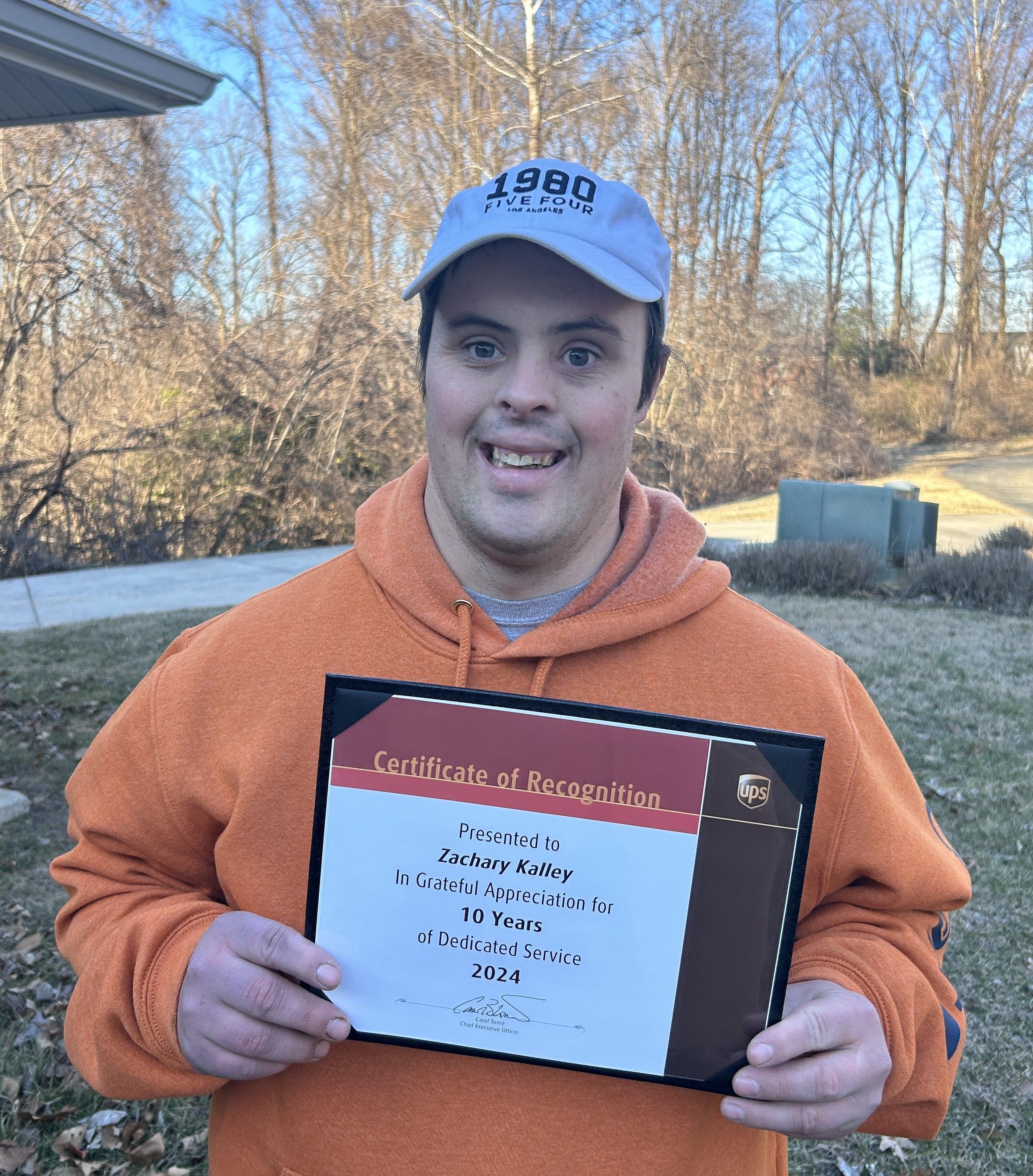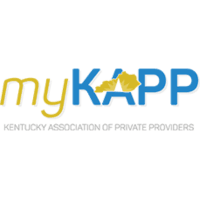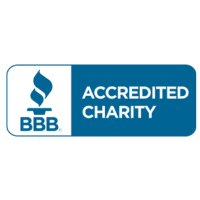
Each October, organizations across the country recognize National Disability Employment Awareness Month (NDEAM) — a time to celebrate the immense value and talent that workers with disabilities bring to the American workforce.
This year, 2025, marks the 80th anniversary of this important observance. What began in 1945 as “National Employ the Physically Handicapped Week” has grown into a monthlong celebration of the skills, creativity, and determination that people with disabilities contribute to our communities and workplaces every day. In 1988, Congress officially expanded the event into National Disability Employment Awareness Month, broadening its scope to include individuals with intellectual, developmental, sensory, and mental health disabilities.
The 2025 theme, “Celebrating Value and Talent,” reminds us that inclusion isn’t simply about opportunity — it’s about recognizing the unique strengths that every person brings to the table.
Why Disability Inclusion Matters
Employment is a powerful equalizer. It provides purpose, independence, dignity, and connection. People with disabilities represent a large part of the workforce potential. Yet employment rates for persons with disabilities remain significantly lower than those without.
Inclusion is not just good for business—it is a matter of social justice, civil rights, and economic participation. When people with disabilities work, they gain independence, pay taxes, contribute to innovation, and the economy benefits. Work is more than a paycheck: it’s about identity, purpose, contribution and social connection. When workplaces are inclusive, everyone benefits—not just the employee with a disability, but the team, the company, and society.
Now let's dispel a few myths about workplace inclusivity.
- Myth: “Accommodation is expensive” → Fact: Many accommodations cost little or nothing; business case data shows benefits outweigh costs.
- Myth: “People with disabilities have poor productivity or more absenteeism” → Fact: Studies show comparable or even better performance, lower turnover, higher loyalty.
- Myth: “We can’t find qualified applicants with disabilities” → Fact: There is a large and under-utilized talent pool. With inclusive practices, companies succeed.
The Business Case for Inclusion
At its core, disability inclusion is not just a moral responsibility; it’s a smart business decision and a reflection of a truly equitable society.
Hiring individuals with disabilities widens your talent pool, bringing in perspectives, lived-experience, resilience and diverse ways of thinking. Research suggests that employees with disabilities often develop creative problem-solving skills (stemming from navigating barriers) that translate into innovation and adaptability in the workplace.
As Forbes recently highlighted, companies that hire and support employees with disabilities see measurable benefits — including increased productivity, higher retention, and stronger morale. An article by Changing Paces noted that companies actively seeking to employ persons with disabilities outperformed competitors in productivity by 25% and had stronger retention. Fewer turnovers means less cost for training/recruitment and more institutional knowledge. There are also incentives: tax credits, disability access deductions, and other programs that reduce cost of accommodation.
Hiring people with disabilities helps businesses better reflect the full spectrum of consumers, including persons with disabilities, expanding connection with customers. Recognizing and celebrating the value and talent of workers with disabilities sends a strong message that disability is not a barrier to meaningful contribution.
The fact that NDEAM still needs celebration underscores how far we have to go: there remains a significant employment gap between people with disabilities and those without.
How Employers Can Build Inclusive Workplaces
Creating an inclusive environment doesn’t require sweeping changes — it begins with intentional, everyday actions. Here are a few practical ways Louisville employers and organizations can make a difference:
1. Start with Culture and Mindset
- Promote the view that employees with disabilities are talent with strengths (not a “special case” or “charity hire”).
- Educate leadership and teams about disability inclusion, remove stigma and misconceptions.
- Include disability in your diversity, equity & inclusion (DEI) strategy: ensure that people with disabilities are part of the conversation, and that inclusion efforts are meaningful, not perfunctory.
- Highlight employees with disabilities as leaders and changemakers.
2. Make Hiring Accessible
- Focus job descriptions on essential skills rather than physical assumptions.
- Use accessible applications and clearly communicate your willingness to provide accommodations (e.g., alternative formats, assistive technology).
- Think flexibly about how tasks are designed: can tasks be rearranged, remote/hybrid options provided, flexible scheduling offered?
- Partner with local nonprofits, like Day Spring, to connect with skilled, motivated job candidates.
3. Provide Accommodations with Ease
- Many accommodations — assistive technologies (screen readers, speech to text), adjustable desks/workstations, remote/hybrid work options, modified scheduling, job-coaching or mentoring — cost little or nothing.
- Be mindful that new employees with disabilities might benefit from tailored onboarding, mentorship, and peer-support.
- Conduct an accessibility audit of your workspace. Is it accessible to people with mobility, hearing, vision, cognitive differences?
- Encourage open dialogue: ask employees what they need, and build a process for employees to request accommodations comfortably and confidentially.
- Monitor if accommodations are effective, solicit employee feedback about accessibility.
4. Support Growth and Belonging Through Metrics & Continuous Improvement
- Ensure employees with disabilities have access to promotions, stretch assignments, performance reviews, and are not pigeon-holed into certain roles.
- Create employee resource groups (ERGs) or affinity spaces for employees with disabilities and allies.
- Partner with external resources: disability employment networks, vocational rehabilitation agencies, consultants who specialize in accommodations.
- Benchmark against best practices and research: as documented evidence shows the business case and benefits continue to grow.
- Set measurable goals: e.g., percentage of workforce with disabilities, retention of employees with disabilities, number of accommodation requests granted and resolved.
When employers make inclusion part of their year-round business strategy, they not only build stronger teams but also strengthen the broader Louisville community.
Our Residents: Thriving, Working, and Contributing in Louisville, Kentucky
At Day Spring, we believe that all people, regardless of ability, should have the chance to live, work, and thrive as valued members of their community. As a Louisville nonprofit organization, Day Spring has seen firsthand how employment opportunities enrich lives — not just for our residents, but for the entire community. Across the city, our residents are not only contributing to the workforce — they’re inspiring others with their dedication and hard work.
Christie recently joined the team at City BBQ right down the street. Regi proudly works at Popeyes. Mike has worked at Kroger for over a decade. Kim has been a fixture at Cottage Café for many years. Madison, a graduate of our College for Living (CFL) program, is thriving at Pet Station Country Club. Jacob serves the aging population at Little Sisters of the Poor. Daniel has maintained two jobs — one at his pediatrician’s office and another at Stored Value Solutions. Zachary has been with UPS for over a decade. Matthew and Drew are following in Zachary's footsteps and also hold jobs at UPS. Matt works in the kitchen at a local Kayrouz Café. While their roles are different, they all share the common traits of being dedicated, consistent, and friendly employees.
Their success stories illustrate what’s possible when people with disabilities are given the opportunity to show their strengths. These jobs don’t just provide income — they build purpose, belonging, and pride. And for the Louisville businesses that employ them, these partnerships bring loyalty and an example of what inclusive hiring can achieve.
A Call to Action: Inclusion Is Everyone’s Business
As we celebrate 80 years of National Disability Employment Awareness Month, let this observance be more than a symbolic nod. Day Spring invites Louisville businesses, nonprofits, and community members to join us in building workplaces where people with disabilities are able to contribute to their fullest.
By creating spaces where everyone is valued for their ability rather than defined by their disability, we build a community that thrives together. When we shift from “making room” to “unleashing talent”, we unlock not just individual potential but the productivity, innovation, and culture of the entire organization.
At Day Spring, we’ve seen the transformation that meaningful employment brings. Every small act of inclusion moves us closer to a future where people of all abilities live with independence, purpose, and pride.
Get Involved
- Learn more about NDEAM and access resources from the U.S. Department of Labor.
- Explore The Arc’s guide to celebrating NDEAM.
- Read more on Forbes about the benefits of inclusive hiring.
- Support Day Spring’s mission to empower adults with intellectual and developmental disabilities by making a donation or scheduling a campus tour.
Together, let’s continue building a more inclusive Louisville — one where every person has the opportunity to contribute, work, and belong.



